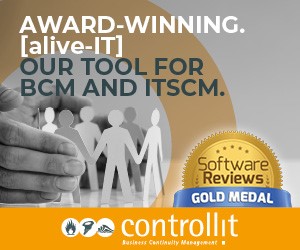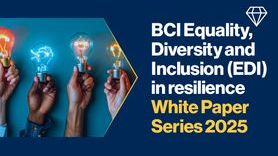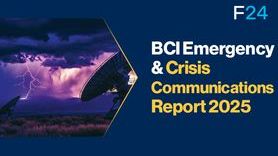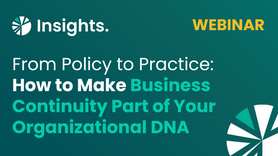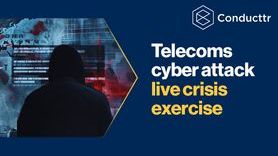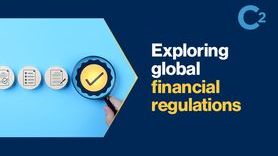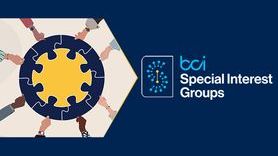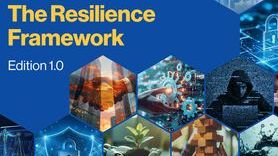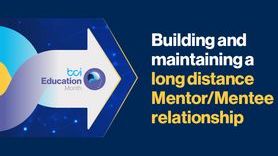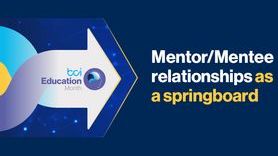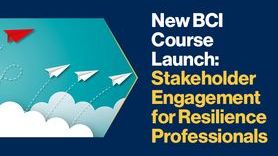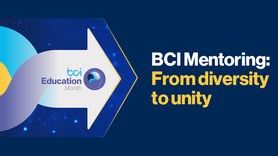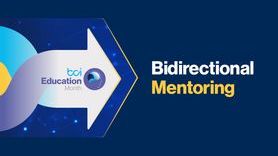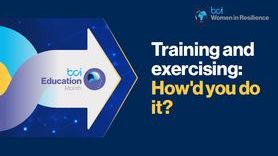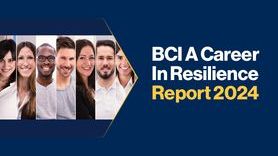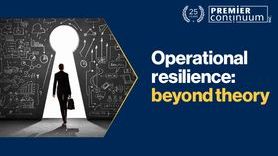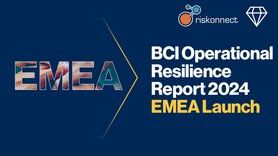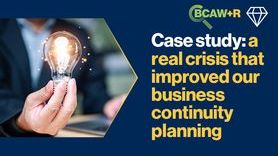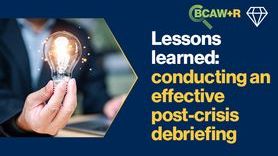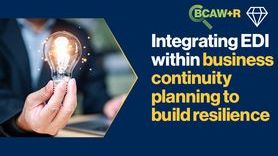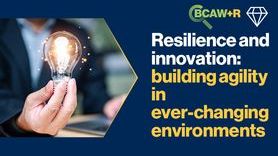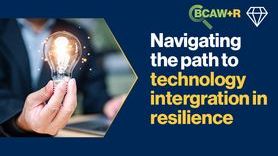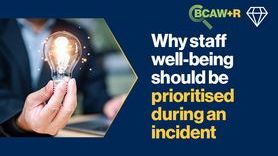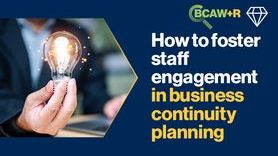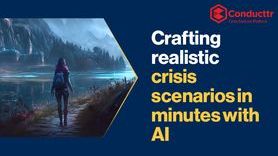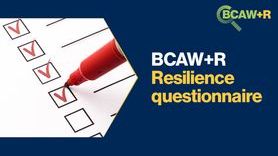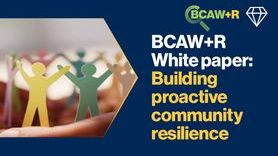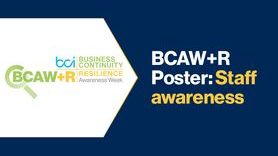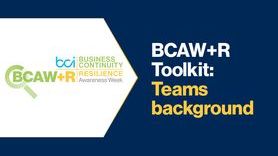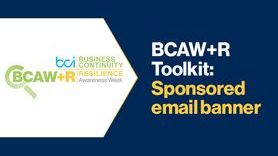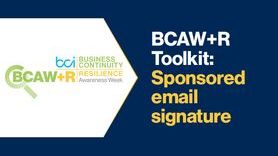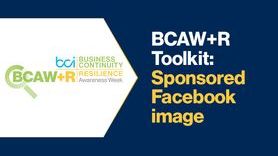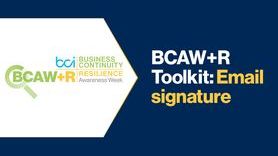Mentoring experiences and industry insights
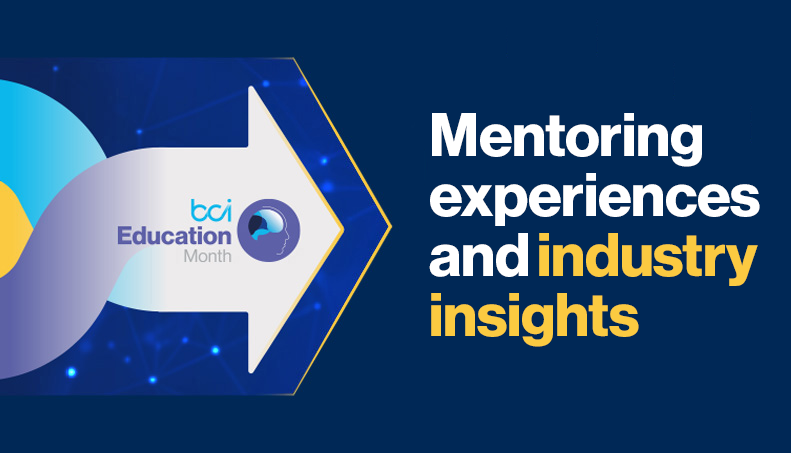
The third and final week of education month drew to a close with a series of webinars examining the benefits and challenges of mentoring, in professional development. This week, we heard from BCI mentors and mentees who shared their experiences with BCI Mentoring
Session Overview
Building and maintaining a long-distance mentor/mentee relationship
Mentoring week started with a lively discussion between mentor Margaret Millet in the USA and mentee Nicolene Olivier from South Africa. They discussed the benefits of their mentoring relationship, the challenges of time differences in long-distance mentoring, and how the use of technology has widened the world of mentoring in BC/resilience, allowing professionals to benefit from international experiences and perspectives.
Despite working in different regions, both believe that their BC and resilience challenges are similar, re-affirming the fact that resilience is a global profession. Both Margaret and Nicolene stress they have benefited from their mentoring relationship and underline the importance of finding the right dynamic between mentor and mentee for the best outcomes.
The Mutual Benefits of Mentoring
Claire Powles and Noel Joseph discussed the mutual benefits of mentoring in an engaging webinar discussion that touched on the aspects of networking, improving leadership skills, validating experiences, and uncovering new perspectives.
Both agreed that mentoring is a valuable way to boost a career path in terms of leadership capabilities and how the experience may help with BCI certification. A key learning point from this discussion was that whilst a mentor brings a safe and experienced sounding board, a mentee brings new and fresh perspectives to established practitioners.
Back to the Future Mentoring
In this engaging webinar, mentor Julie Mackie and Michelle Hutchinson discussed their mentoring relationship, which is a unique partnership as Michelle currently holds Julie’s previous role. This has enabled a specific environment where Julie’s previous experience is particularly beneficial.
The conversation revolved around establishing trust, creating a two-way partnership, and understanding when the mentor-mentee relationship levels out. As with earlier recommendations, both participants recommend finding the right person to partner as a key element of the mentoring experience.
Bi-directional mentoring
Jayne Romanczuk and Dom Passalacqua use the BCI platform for bi-directional mentoring, learning from one another and gathering new perspectives and ideas from open listening and conversations. For them both ‘growth’ is a key benefit of mentoring.
Key suggestions from this session were coming to mentoring meetings with an agenda to make the most of your time and being curious about continuity and resilience because that’s how you keep learning and finding the gaps.
Dom and Jayne’s mentoring partnership is so successful that they requested extra time once the allotted period was over to continue collaborating, sharing ideas, and concepts.
Mentor/mentee relationships as a springboard
Russ Paramore and Amy Smart discussed their mentoring association and how it has been mutually beneficial. Amy spoke about not knowing what to expect at the beginning of the relationship, but how mentoring with Russ quickly built rapport. A key learning point from this discussion was that confidentiality is key to building trust.
The difference between coaching and mentoring was examined and the need to contribute and be accountable in the process. To round up, Russ spoke about the pleasure he gains from witnessing Amy’s successes.
BCI Mentoring: From diversity to unity
Sachin Kumar and Yusuf Ukaye’s webinar on diverse mentoring relationships drew Education Week to a close.
This thoughtful webinar delved into the aspects of cross-cultural mentoring, highlighting how it can help build a global mindset, extend market reach, and generate a wide range of perspectives that result in more innovative solutions and approaches.
The discussion examined challenges that cross-cultural mentoring can pose, including working with different communication styles, work style preferences, and time zones/language barriers. Top tips included making the most of sessions by refraining from using slang, speaking slowly, and writing things down.
This brings Education Month 2024 to a close. We would like to thank all the speakers and attendees that took part over the past three weeks.

